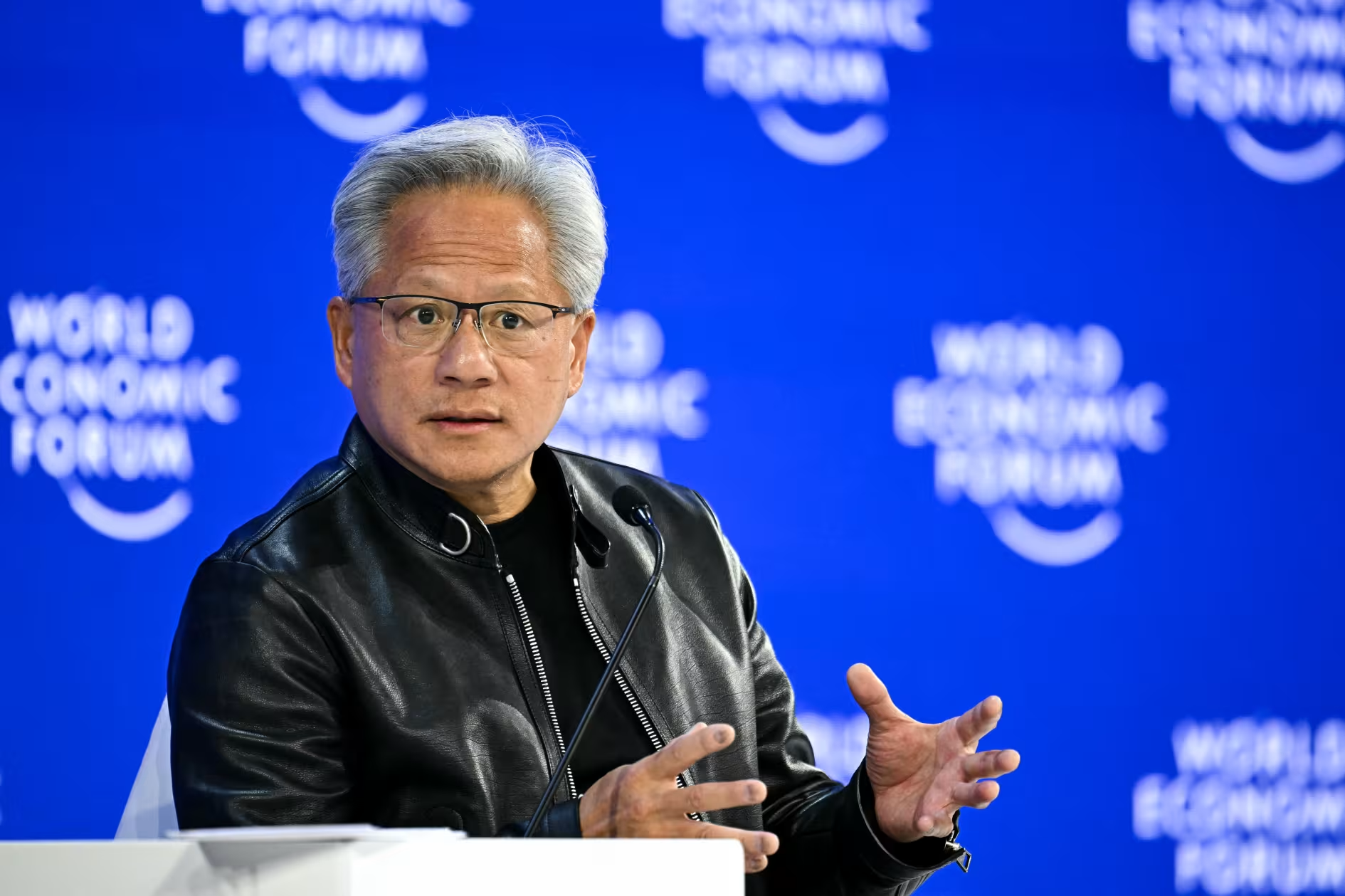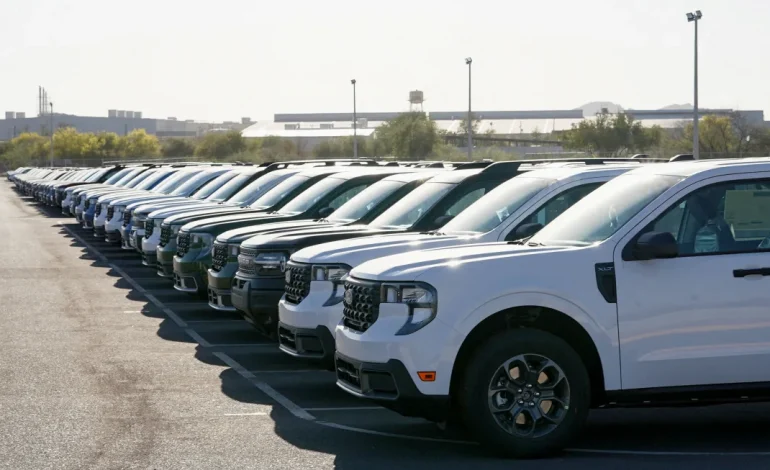The US automotive sector was shaken on Wednesday following President Donald Trump’s announcement that a 25% tariff would be imposed on all foreign-made vehicles and auto parts entering the United States.
This decision has sparked concerns among US automakers, foreign competitors, and industry analysts about potential disruptions to production, rising vehicle costs, and economic consequences for the broader market.
The new tariffs, which could be implemented as early as April 3 for vehicles, and in May for parts, are expected to increase production costs. Analysts predict that these levies could add anywhere from $3,000 to $12,000 to the cost of a new car. This is because many vehicles sold in the US are assembled using parts sourced from Canada, Mexico, and other countries, creating a complex supply chain. Nearly half of the cars sold in the US last year were imported, according to GlobalData.
This move could also disrupt the delicate manufacturing balance between the US, Mexico, and Canada that has developed over the past three decades under trade agreements like the North American Free Trade Agreement (NAFTA) and the US-Mexico-Canada Agreement (USMCA). While the tariffs are intended to boost US manufacturing and jobs, they may instead lead to higher car prices and production slowdowns in the short term.
Shares of major automakers—including General Motors, Ford, Stellantis (parent company of Chrysler), Toyota, Honda, and Hyundai—fell sharply in the aftermath of the announcement. Tesla, while somewhat insulated due to its domestic production, also saw a dip in its stock price, with CEO Elon Musk acknowledging that the tariffs would still impact the company’s cost structure.
The UAW (United Auto Workers) union, however, expressed support for the tariffs, arguing that the move could potentially bring back manufacturing jobs to the US However, industry experts have cautioned that these measures could ultimately result in fewer choices for consumers and fewer jobs in the long run as automakers might scale back production in response to the increased costs.
The impact of the tariffs extends beyond just car prices. Research firm Cox Automotive predicts that the new levies could reduce North American vehicle production by about 20,000 units per day, or roughly 30% of daily output. With fewer cars being produced, supply shortages could drive prices even higher. The situation recalls the 2021 chip shortage, which similarly led to production delays and rising vehicle costs.
The tariffs also have global implications, especially for countries that are major suppliers to the US auto market, such as Japan and South Korea. Japanese automakers, including Toyota and Honda, saw their shares decline following the announcement. These tariffs are expected to lead to tensions in trade relations, especially with US allies like Canada and the European Union, which have warned of retaliatory measures.
Automakers have warned that the increased costs could be passed on to consumers, either through higher prices or reduced dealer incentives, which are often used to make cars more affordable. The average price of a new car could increase by thousands of dollars, with import-heavy brands like Volvo, Mazda, and Volkswagen likely to bear the brunt of the tariffs. Vehicles such as the Ford Maverick, the Toyota Prius, and the Chevrolet Blazer, which are produced overseas or with significant imported components, could see significant price hikes.
Despite Trump’s assertion that the tariffs would lower car prices in the long run by stimulating US production, industry experts predict the opposite. They expect that the higher costs associated with these new tariffs will ultimately lead to increased car prices and reduced availability of vehicles, further burdening consumers.










The latest news in your social feeds
Subscribe to our social media platforms to stay tuned